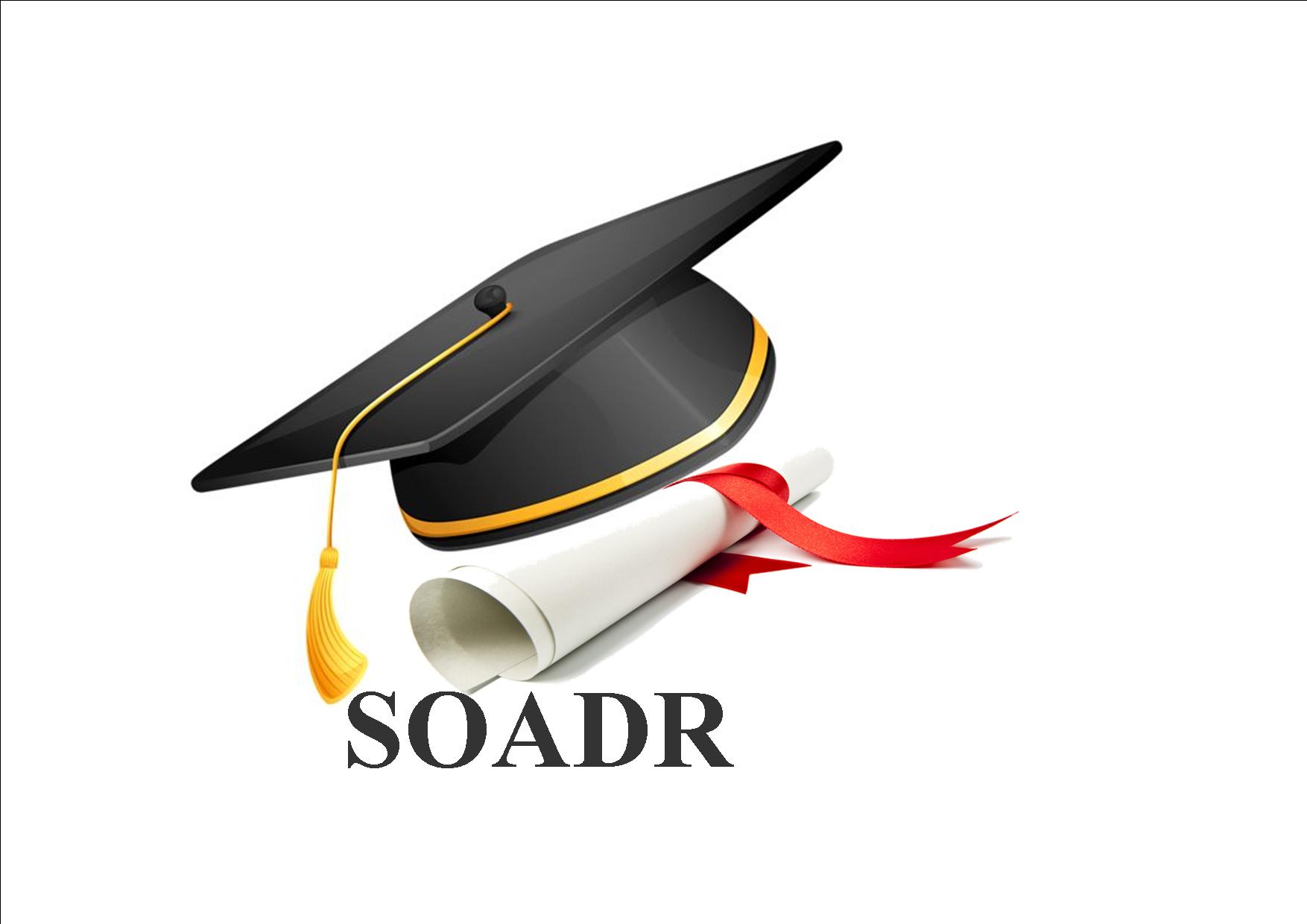Organizational Change
According to Beckhard (1969), organizational development may refer to the application of behavioral science-based interventions by management to improve organizational health and effectiveness throughout the entire organization. Bennis (1969) and Golembiewski (1969) provide similar but contrasting accounts of organizational development. Bennis (1969) stated that organizational development was a complex form of educational strategy that was intended to help the organization to effectively adapt to factors such as changing markets, new technologies, as well as the challenges associated with the tempo of the change process by making the necessary changes to the structure, beliefs, values, and attitudes associated with the organization. Golembiewski (1969) in his work indicated that organizational development is the re-education strategy that is aimed at helping the organization to adapt to the fast changing industrial environment by making the required changes in the beliefs, values, and attitudes of the organization.
In summary, organizational development refers to long-term interventions, which are supported by management and uses behavioral sciences and action research to help the organization to improve the problem-solving capacity, learning, empowerment, as well as the vision of the organization with the help and collaborative effort of the consultant (French & Bell, 1999).
References
Beckhard, R. (1969). Organizational development: Strategies and models. Reading, MA: Addison-Wesley.
Bennis, W. (1969). Organizational development: Its nature, origins, and prospects. Reading, MA: Addison-Wesley.
French, W.L. & Bell, C.H. (1999). Organizational development: Behavioral science interventions for organizational improvement. Upper Saddle River, NJ: Prentice Hall.

